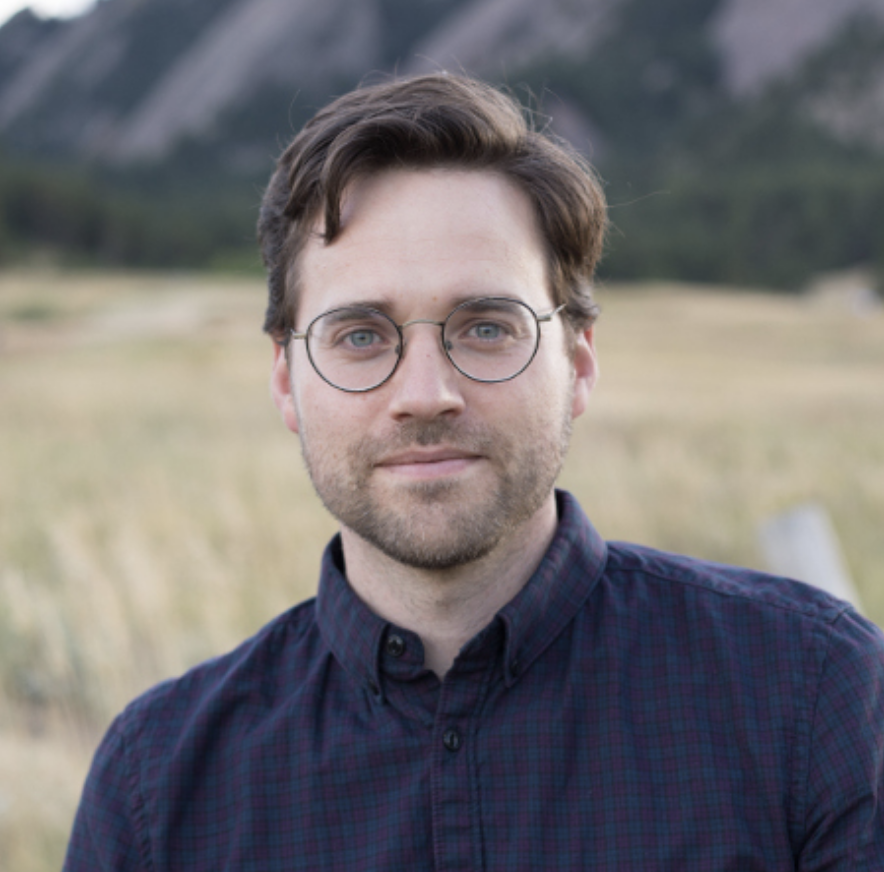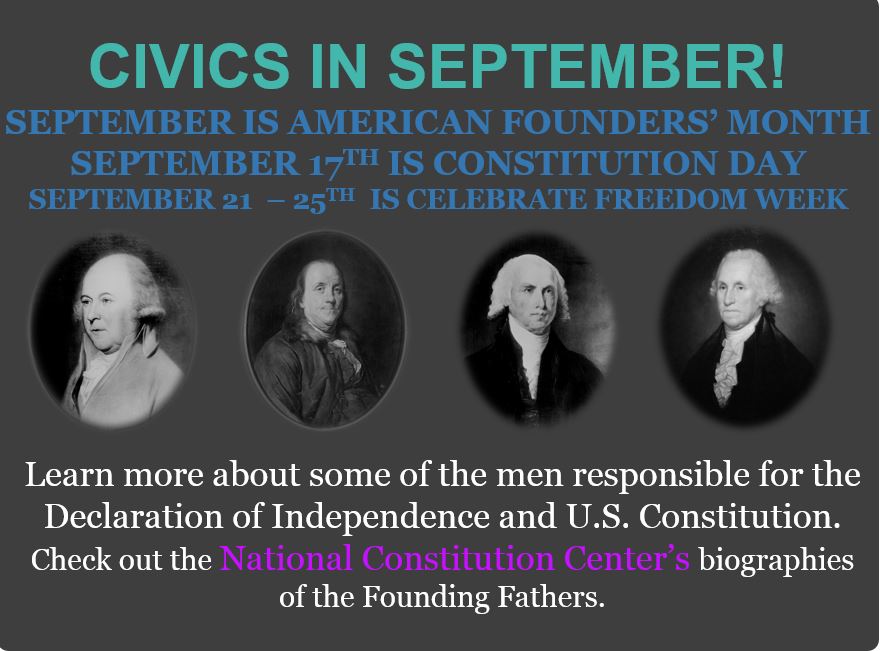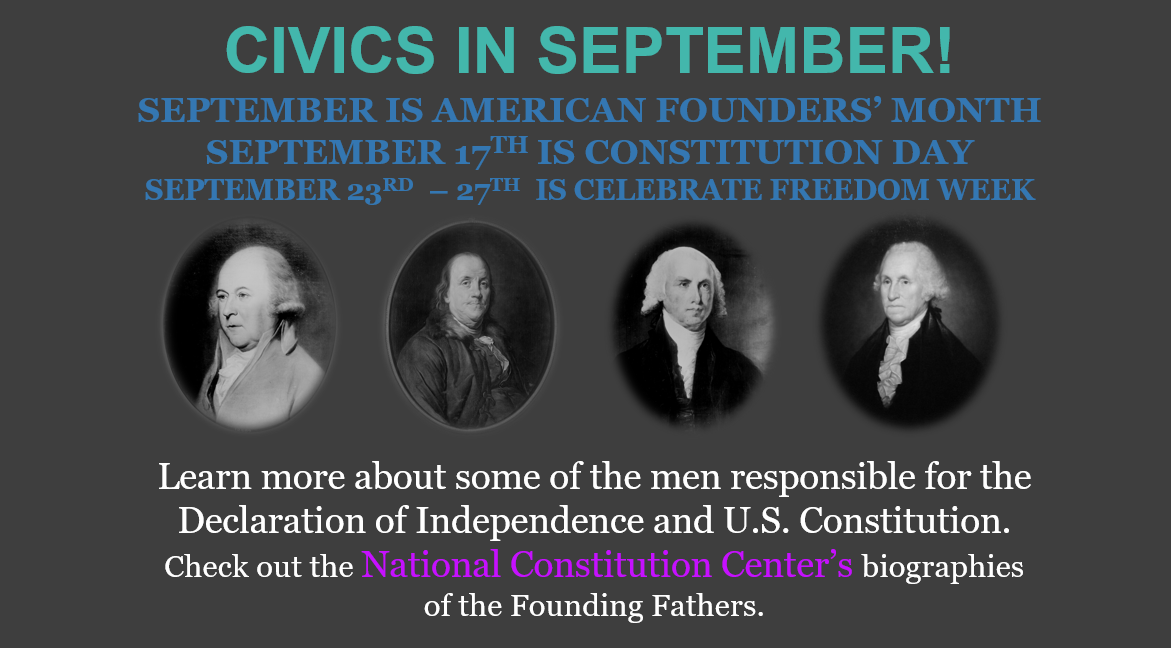How can cooperatives serve as vehicles for social change, especially in online spaces? What practical interventions could check the anti-social behaviors of Big Tech? These are two questions that I explored recently with Nathan Schneider, professor of media studies at the University of Colorado Boulder, in Episode #8 of my podcast, “Frontiers of Commoning.”
Nathan is a long-time journalist and scholar focused on social-change movements of resistance, nonviolence, and system-change. Much of his work has focused on the new opportunities that cooperatives and digital technologies can provide in today’s world. He has been especially active in promoting platform cooperatives as a vehicle for moving beyond predatory business models like Uber, Airbnb, and TaskRabbit.
For Schneider, the history of cooperatives is a source of great inspiration and practical instruction. “Cooperatives are nothing new,” he told me, citing Gandhi’s embrace of coops as a strategic tool to emancipate Indians from the British. “But it is a form of doing business that has shaped our world that doesn’t get enough credit.” For example, people often don’t appreciate that coops were a big element of the civil rights movement, he said.

Martin Luther King Jr. supported African-Americans in starting credit unions, in part because cooperative banking enabled them to become more independent from oppressive local circumstances. “I interviewed a civil rights elder in Mississippi,” said Nathan, and asked him if coops were around in the 1960s. And he said, ‘Who do you think was getting people registered to vote?’”
Sharecroppers always risked getting evicted from the land if they dared to assert their civil rights or become politically active. But members of coops are secure enough to take risks and join movements, he said. “This is a geography of our world that we don’t see.”
Schneider has made it his business to try to bring this geography to the foreground. There is so much talk these days about putting people over profits, rejuvenating local business, and strengthening community control, he said. Cooperatives are a natural response.
Nathan sees two primary strategies for moving coops into the American mainstream. One is a frankly political approach in the manner of Populists of the 1880s and 1890s, who used coops to shake the foundations of the political establishment. Another strategy is a less adversarial, consensus-driven approach that builds on shared national mythologies such as ownership. He cited Louis Kelso’s invention of the employee stock ownership plan as an example. ESOPs were a legal and organizational innovation that has enabled employees to build personal equity in their workplace while improving the general work culture.
Schneider recognizes that ultimately coops can be a powerful movement force only if they can threaten the power of capital. The classic examples are credit unions that have posed competitive challenges to banks, and rural electrical coops that took business away from utilities. It is this rich history of cooperatives overcoming staunch opposition that gives Nathan optimism about the future power of platform coops, among other cooperative initiatives.
To help push that goal along, Schneider has been developing a number of nitty-gritty, operational initiatives, some of them through the Media Enterprise Design Lab, a practice-oriented research center for community ownership and governance in media organizations. The Lab collaborates with entrepreneurs, startup projects, and activists to explore new financial schemes, software tools, and educational gambits.
Schneider has a great personal interest in finding new ways to expand democratic ownership and governance in online projects. One such effort is a cooperative “accelerator,” Start.Coop, led by a number of cooperative leaders, including Greg and Howard Brodsky. The project helps startups find investors and project development assistance, and learn more about cooperative practices and culture.
Nathan has played a big role in developing a new financial strategy known as “Exit to Community.” Normally, the founders of traditional startups who become successful see little choice but to sell out to Wall Street or a big technology company. Exit to Community aims to provide a practical alternative. it lets entrepreneurs who want to move on, or raise more money, to sell their enterprises to community members. This can help keep a business more purpose-driven, socially minded, and community-based.
Schneider has been dismayed at the state of governance within open source software communities, which he describes as a regime of “implicit feudalism” with little participatory governance, at least formally. To help remedy this, he developed the CommunityRule website to provide a rudimentary “governance toolkit” for digital communities. The idea is to help groups choose fairer, more enlightened arrangements for governing themselves while avoiding the pitfalls of concentrated control and founders behaving like "dictators for life."
The full podcast interview with Nathan Schneider can be downloaded here.





 The National Issues Forums Institute (NIFI) is now accepting applications for the Elizabeth “Libby” Kingseed Teaching with Deliberation Memorial Award at this time. A fund established to commemorate and in memory of Libby Kingseed.
The National Issues Forums Institute (NIFI) is now accepting applications for the Elizabeth “Libby” Kingseed Teaching with Deliberation Memorial Award at this time. A fund established to commemorate and in memory of Libby Kingseed. Libby Kingseed was a program officer, and archivist at the Kettering Foundation. Libby was a passionate leader of the foundation’s K-12 civic education research. She worked closely with teachers using National Issues Forums in the classroom. Libby recognized the need for civic education to be included in the education of children in order to help them understand how to be active, engaged citizens in the future.
Libby Kingseed was a program officer, and archivist at the Kettering Foundation. Libby was a passionate leader of the foundation’s K-12 civic education research. She worked closely with teachers using National Issues Forums in the classroom. Libby recognized the need for civic education to be included in the education of children in order to help them understand how to be active, engaged citizens in the future.



 For the seventh time since 2013, the Online Facilitation Unconference (OFU) will take place this October 19-25, once again alongside and as part of IAF’s International Facilitation Week.
For the seventh time since 2013, the Online Facilitation Unconference (OFU) will take place this October 19-25, once again alongside and as part of IAF’s International Facilitation Week.